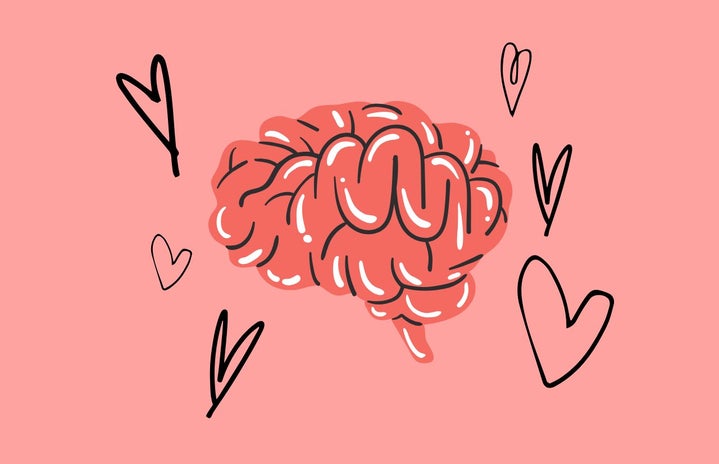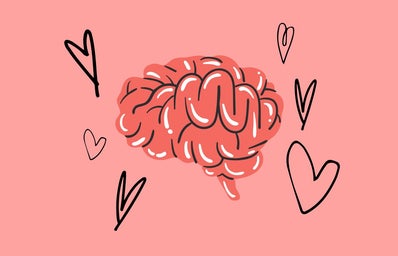75% of young people in the UK will establish mental health problems before the age of 24. This fact alone shows how important taking care of our mental health is, as well as understanding it. I am writing this article to give a clear and simple breakdown of what happens in the brain when someone suffers from mental health issues and a few ideas of how you can help your mental health.
The brain is a complex organ that contains millions of pathways. Chemicals run through these pathways to make us feel all our emotions (as well as other things!). These chemicals are called neurotransmitters. Serotonin and dopamine are two key neurotransmitters involved in our mental health. Serotonin has been found to influence things like sleep, mood, and appetite – all things which can be altered in somebody with depression. Dopamine plays a role as a reward centre as well as being involved in things like mood, motivation, and attention.
In your brain, there are nerve cells called neurons. Between neurons, there are structures called synapses. It is at the synapse where neurotransmitters can cross signals to other neurons to make a response in the body. There can be as many as 1,000 trillion synapses in one brain!
It has been found that someone with depression may have a dopamine imbalance and lower serotonin levels. Someone with anxiety may have imbalances in these neurotransmitters as well as GABA (a neurotransmitter). Obsessive-compulsive disorder (OCD) may be a mix of all these too. In the brain of someone suffering from depression, anxiety, or OCD, things may work differently because of these neurotransmitter imbalances. Lower levels mean less of the neurotransmitter can be passed between neurons through the synapse, and thus could create less of a response in the body.
How can you help yourself?
You can do a few things to increase serotonin and thus potentially help your mental health/mood. You can try changing your diet. You can’t obtain serotonin directly from diet but you can eat foods that contain tryptophan. This is an amino acid that is converted into serotonin in the brain. Foods containing tryptophan include turkey and salmon. Exercising triggers the release of more tryptophan into your bloodstream and thus can help with serotonin levels. Sunlight has been found to increase serotonin levels, so get outside when you can!
If you think you need some more help, here are some numbers you can reach out to:
- Text ‘shout’ to 85258 where you can have an anonymous conversation via text
- Call Samaritans on 116 123
- Text Mind on 86463


